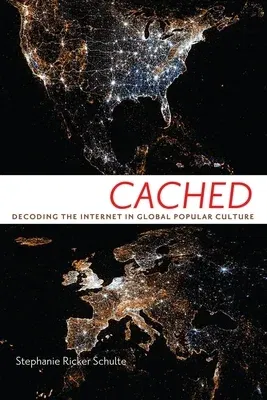"This is the most culturally sophisticated history of the Internet yet
written. We can't make sense of what the Internet means in our lives
without reading Schulte's elegant account of what the Internet has meant
at various points in the past 30 years."--Siva Vaidhyanathan, Chair of
the Department of Media Studies at The University of Virginia In the
1980s and 1990s, the internet became a major player in the global
economy and a revolutionary component of everyday life for much of the
United States and the world. It offered users new ways to relate to one
another, to share their lives, and to spend their time--shopping,
working, learning, and even taking political or social action.
Policymakers and news media attempted--and often struggled--to make
sense of the emergence and expansion of this new technology. They
imagined the internet in conflicting terms: as a toy for teenagers, a
national security threat, a new democratic frontier, an information
superhighway, a virtual reality, and a framework for promoting
globalization and revolution. Schulte maintains that contested concepts
had material consequences and helped shape not just our sense of the
internet, but the development of the technology itself. Cached focuses
on how people imagine and relate to technology, delving into the
political and cultural debates that produced the internet as a core
technology able to revise economics, politics, and culture, as well as
to alter lived experience. Schulte illustrates the conflicting and
indirect ways in which culture and policy combined to produce this
transformative technology.

